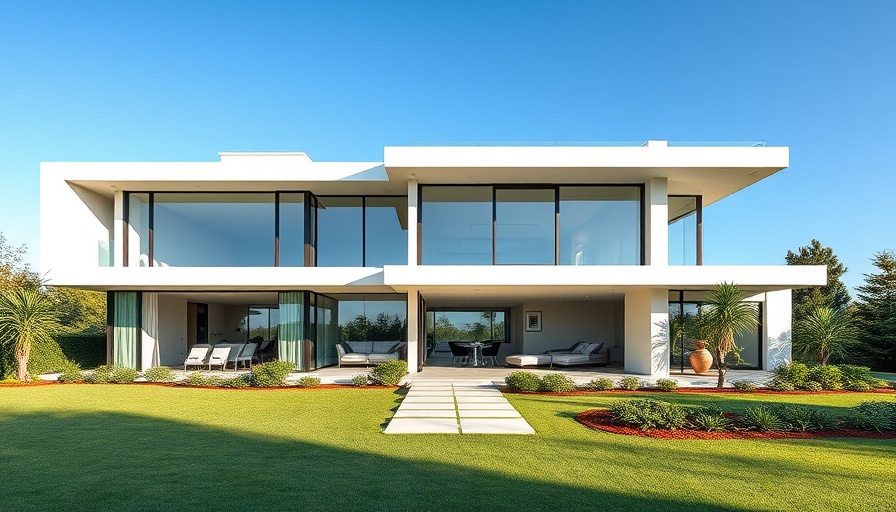
What Does $1 Million Buy in U.S. Real Estate?
With a budget of $1 million, the diversity of options available across the United States can be both impressive and perplexing. From sprawling estates in suburban neighborhoods to compact city apartments, the same price tag can offer drastically different lifestyles. For real estate enthusiasts and potential buyers alike, understanding how much house $1 million buys in various locales provides valuable insights into the dynamics of the real estate market.
Comparative Value: Urban vs. Rural Living
The juxtaposition of urban versus rural living highlights significant disparities in property value. In metropolitan areas like San Francisco or New York City, $1 million might secure a modest two-bedroom apartment, while the same amount could purchase a multi-bedroom house with ample outdoor space in smaller cities or rural regions. This phenomenon reflects the broader trends shaping housing markets, where supply, demand, and geographic desirability create unique pricing models.
A Snapshot Across Major U.S. Cities
Across key metropolitan areas, real estate professionals have noted interesting trends: in Houston, for example, $1 million might afford a sprawling luxury home, while in Los Angeles, buyers may look at a chic condo. Interestingly, cities like Raleigh-Durham offer more square footage for the dollar, showcasing how shifting preferences towards suburban living are reshaping market valuations. Tracking these trends can help buyers better assess their potential investments and make well-informed choices.
The Influence of Vacation Rentals and Investment Properties
As investors pivot toward short-term rentals amid growing interest in vacation destinations, properties that fetch high rental income are becoming hot commodities. Real estate agents often suggest that buyers focus on prime locations for their investment properties. By tapping into platforms like Airbnb or Vrbo, homeowners can maximize their investment, therefore raising the stakes in attractive locales. This trend reveals the changing landscape of the real estate market as traditional methods of home buying and renting evolve.
Understanding Market Trends: Key Metrics to Consider
When exploring potential home purchases, it’s essential to keep an eye on local market trends. Metrics that matter include median home prices, days on market, and trends in foreclosure rates. Tools like Zillow or Redfin provide comprehensive MLS listings that help buyers uncover insights quickly. Real estate news can reveal upcoming developments, while engaging with local real estate agents arms buyers with specific knowledge and strategies for navigating their respective markets.
Exploring the Luxury Real Estate Segment
For those intrigued by luxury living, understanding how much $1 million equates to within this segment can be enlightening. Typically, luxury real estate is defined by high-end features, exclusive area access, and aesthetic appeal. While a million-dollar budget might only yield entry-level properties in exclusive neighborhoods, it’s often a stepping stone toward a prestigious lifestyle. Considering the unique characteristics of luxury markets can significantly alter purchasing decisions.
Final Thoughts on the Real Estate Journey
The journey of house hunting in today’s market requires careful evaluation of personal needs, budget, and market conditions. Whether interested in urban living, suburban appeal or making a lucrative investment, understanding real estate conditions both locally and nationally is vital. As a real estate professional, leveraging these insights will not only help clients make informed decisions but also build lasting relationships in a competitive marketplace.
The dynamic nature of the real estate market necessitates staying informed and engaged. Whether you’re searching for homes for sale, investment properties, or potential rental opportunities, the diversity of options available can lead to exciting discoveries in the housing landscape. By taking a proactive approach, you can position yourself wisely in the ever-evolving real estate market.
 Add Row
Add Row  Add
Add 




Write A Comment